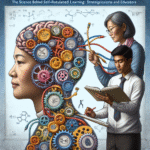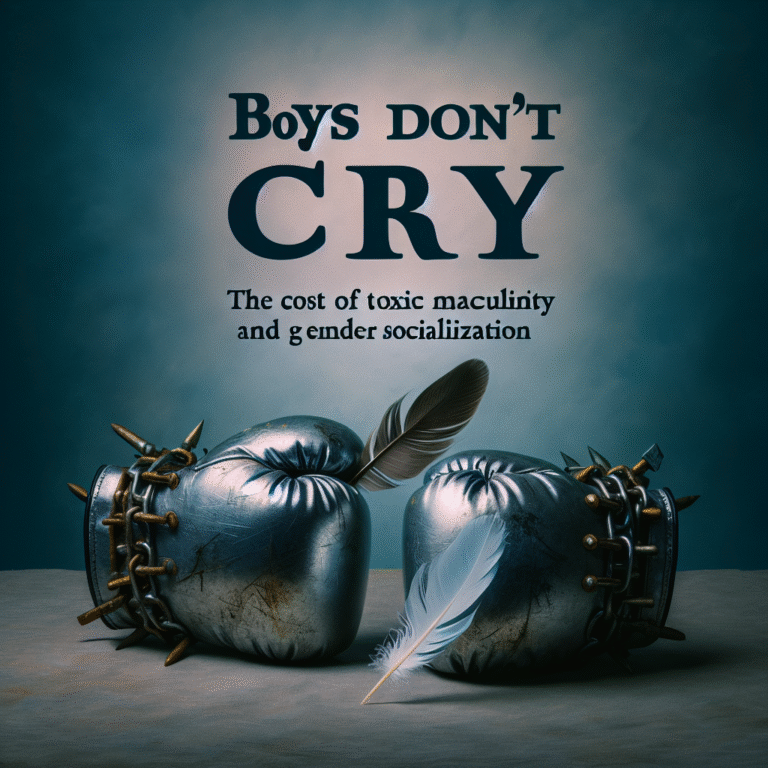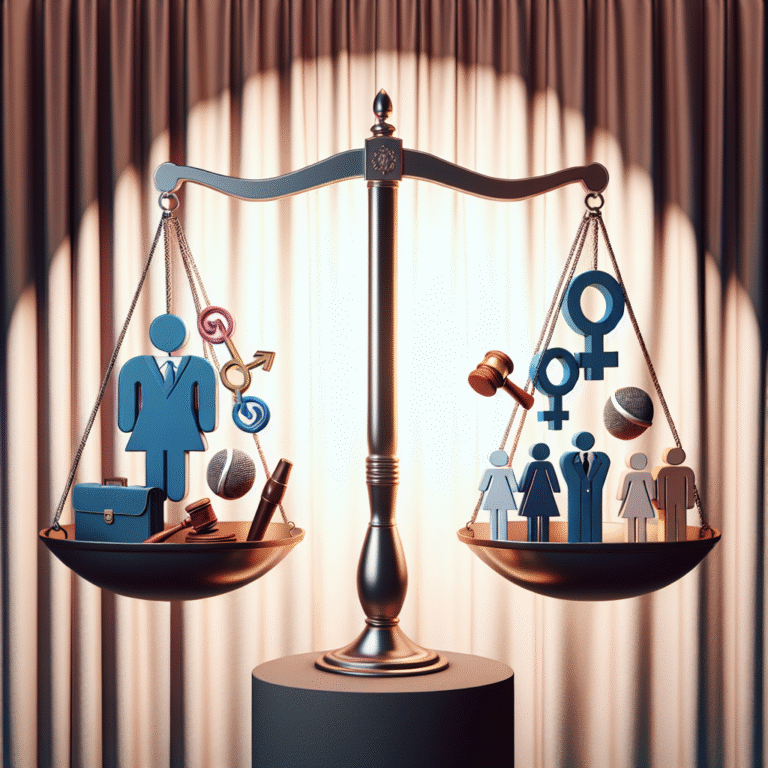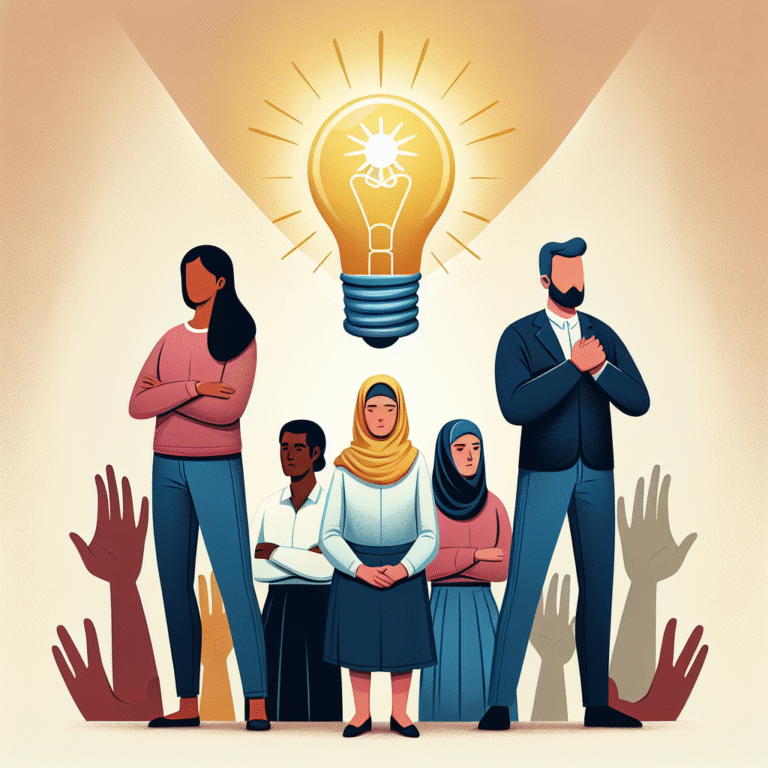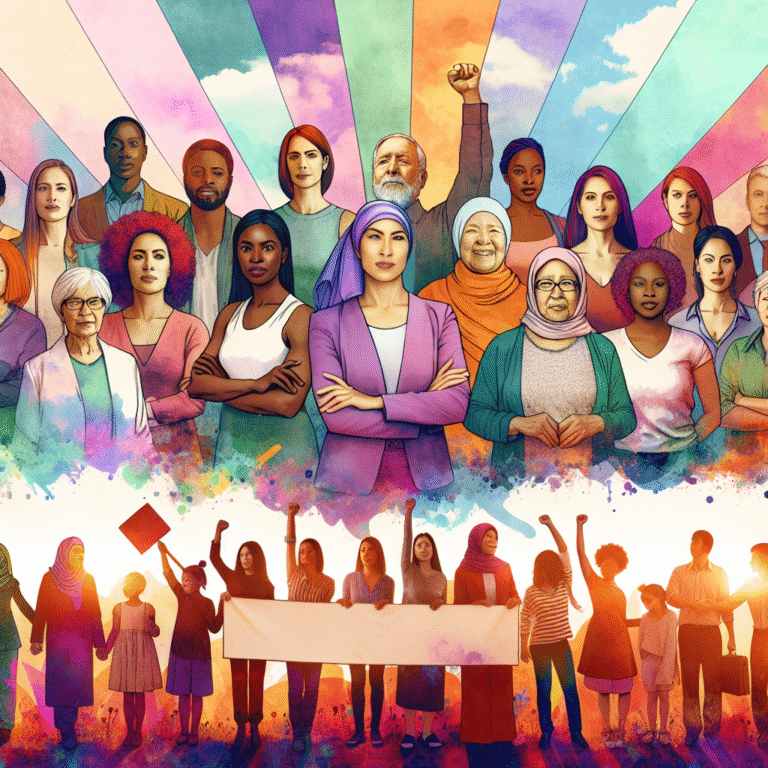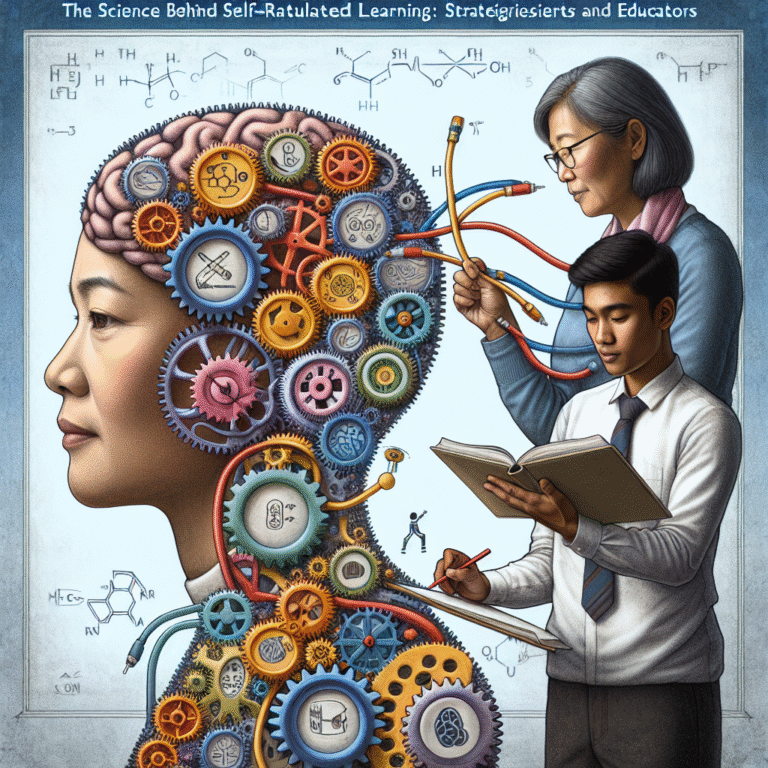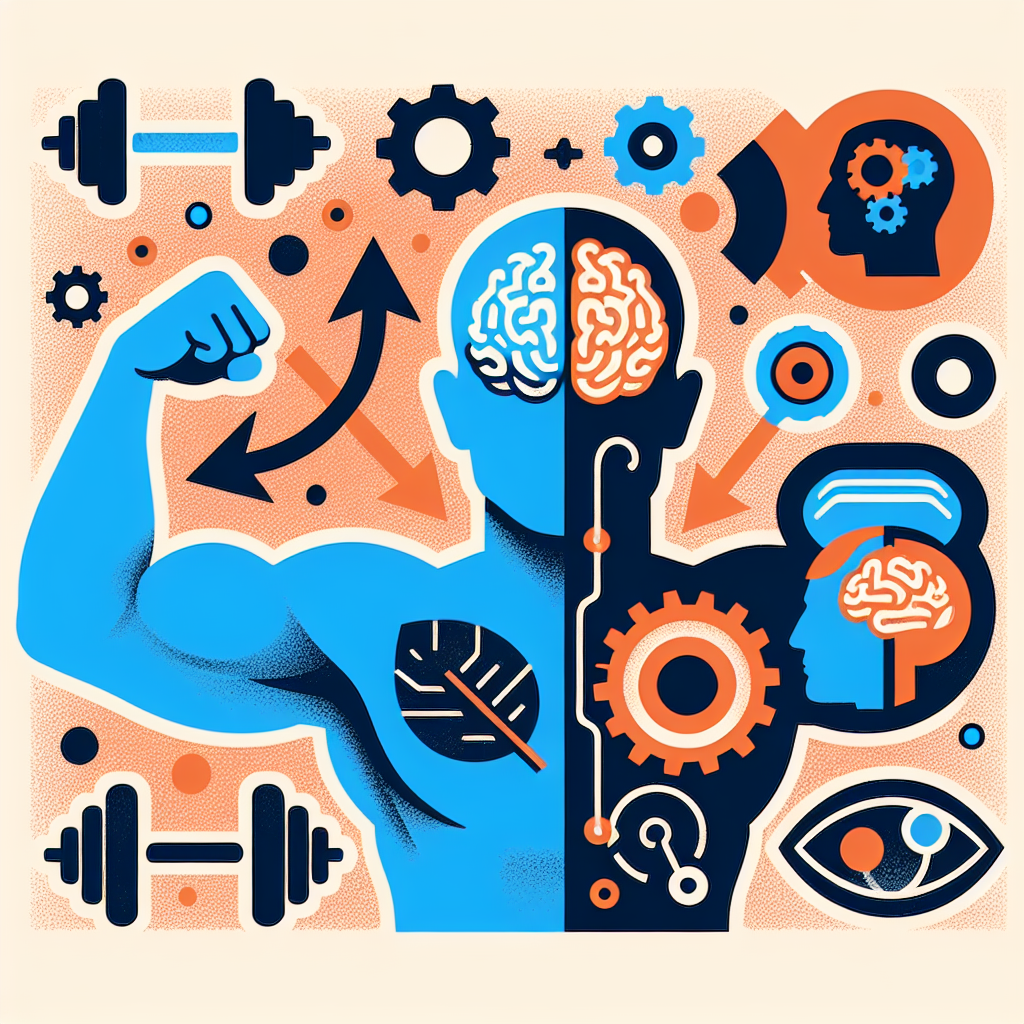
Introduction
In recent years, the conversation around masculinity has evolved dramatically, emphasizing the need to reassess what it truly means to be a man in contemporary society. The issue of toxic masculinity, a term coined to describe harmful societal norms associated with traditional manhood, has taken center stage. These norms not only affect men’s mental health but also perpetuate a cycle of emotional suppression, aggression, and unhealthy relationships. As we delve into The Psychological Effects of Toxic Masculinity: Redefining Manhood in Modern Society, we aim to shed light on these effects while proposing a healthier and more holistic approach to manhood.
Understanding Toxic Masculinity
What is Toxic Masculinity?
Toxic masculinity refers to cultural norms that equate masculinity with aggression, emotional suppression, and dominance. Characteristics often associated with this phenomenon include:
- Emotional Stoicism: The belief that men should not display their emotions.
- Aggression: An inclination toward violent behavior as a means of asserting strength.
- Sexual Conquest: The idea that men should engage in sexual relationships that reflect a hierarchy over women.
These norms can lead to a variety of negative outcomes, affecting not just men but everyone around them.
Historical Context
Historically, societal expectations of masculinity have been shaped by patriarchal systems. The advent of the Industrial Age further solidified these expectations, linking masculinity with labor, toughness, and the provider role. Understanding this historical backdrop is crucial to redefining manhood today.
The Psychological Effects of Toxic Masculinity
Impact on Mental Health
Research indicates that the expectations of toxic masculinity can lead to serious mental health issues among men. Men are often discouraged from seeking help or showing vulnerability due to societal stigma. A study published in the American Journal of Men’s Health found that men adhering to traditional masculine norms were less likely to seek psychological treatment.
-
Case Study: A 2018 survey revealed that men who believed in traditional masculinity were significantly less likely to disclose their mental health struggles. As a result, many resorted to unhealthy coping mechanisms, such as substance abuse.
- Analysis: This study highlights the urgent need for cultural change and the promotion of emotional intelligence as a core aspect of modern manhood.
Relationship Strain
Toxic masculinity not only impacts individual mental health but also severely affects interpersonal relationships. Research shows that men who subscribe to toxic masculinity are likely to face challenges in forming intimate relationships.
-
Case Study: A 2021 longitudinal study found that couples where the male partner embodied traits associated with toxic masculinity reported lower satisfaction levels and higher conflict rates.
- Analysis: These findings emphasize how toxic masculinity can lead to a vicious cycle where emotional disconnect drives relationship issues, perpetuating feelings of isolation and inadequacy.
Violence and Aggression
The association of masculinity with aggression often escalates conflicts and contributes to various forms of violence, including domestic abuse.
- Data Table: [Impact of Toxic Masculinity on Violence]
| Type of Violence | Percentage Linked to Toxic Masculinity |
|---|---|
| Domestic Violence | 73% |
| Workplace Harassment | 65% |
| Bullying | 58% |
These statistics underline the significance of addressing toxic masculine norms to foster safer communities.
Redefining Manhood
The Shift Towards Positive Masculinity
Redefining manhood starts with embracing positive masculinity—concepts that focus on emotional openness, respect, and healthy expressions of strength.
- Empathy: Understanding and sharing the feelings of others.
- Vulnerability: The willingness to express oneself emotionally without fear.
- Respect for Equality: Valuing and promoting equality in all relationships.
Education and Awareness
The path to redefining manhood requires education on emotional health, relationships, and the damaging effects of toxic norms. Schools and community organizations can play a pivotal role in this education.
-
Case Study: A community program in Seattle that focuses on ‘manhood workshops’ showed a 40% decrease in instances of reported aggression among participants.
- Analysis: This program demonstrates the potential for structured educational initiatives to reshape notions of masculinity.
Tools for Change
Building Emotional Intelligence
Men must be encouraged to develop their emotional intelligence (EI), which involves recognizing, understanding, and managing emotions in themselves and others.
-
Workshops and Retreats: These settings can provide safe spaces for men to explore their emotions and learn effective communication skills.
- Mindfulness Practice: Encouraging mindfulness can help men cope with anxiety and stresses associated with traditional masculinity norms.
Fostering Supportive Communities
Creating supportive networks for men is crucial in challenging toxic masculinity. Initiatives such as Men’s Sheds—community-driven workshops fostering friendship—have been successful in numerous countries.
-
Case Study: In Australia, Men’s Sheds have led to improved mental health outcomes by providing a supportive environment for discussions around mental health and personal growth.
- Analysis: This case exemplifies how community support can counteract toxic masculinity and foster a culture of openness.
Conclusion
In exploring The Psychological Effects of Toxic Masculinity: Redefining Manhood in Modern Society, we see the urgent need to challenge outdated norms and embrace a healthier, more inclusive definition of manhood. By promoting emotional intelligence, empathy, and respectful relationships, we can redefine what it means to be a man in today’s society, creating a positive impact not only on individual lives but also on communities as a whole.
FAQs
1. What are some characteristics of toxic masculinity?
Toxic masculinity includes traits such as emotional suppression, aggression, and a focus on sexual conquests.
2. How does toxic masculinity affect mental health?
Men adhering to toxic masculinity norms often experience higher levels of anxiety, depression, and avoid seeking help due to stigma.
3. Can toxic masculinity impact relationships?
Yes, studies show that men who subscribe to toxic masculinity face higher relationship conflicts and lower satisfaction due to emotional disconnection.
4. What can we do to combat toxic masculinity?
Promote education around emotional intelligence, create supportive communities, and encourage open discussions about mental health and masculinity.
5. Is redefining masculinity beneficial for everyone?
Absolutely, redefining masculinity can foster healthier relationships, improve mental health for men, and create more equitable societies.
In reshaping our understanding of manhood, we embark on an essential journey toward a more inclusive and emotionally intelligent society, benefiting all individuals regardless of gender.

